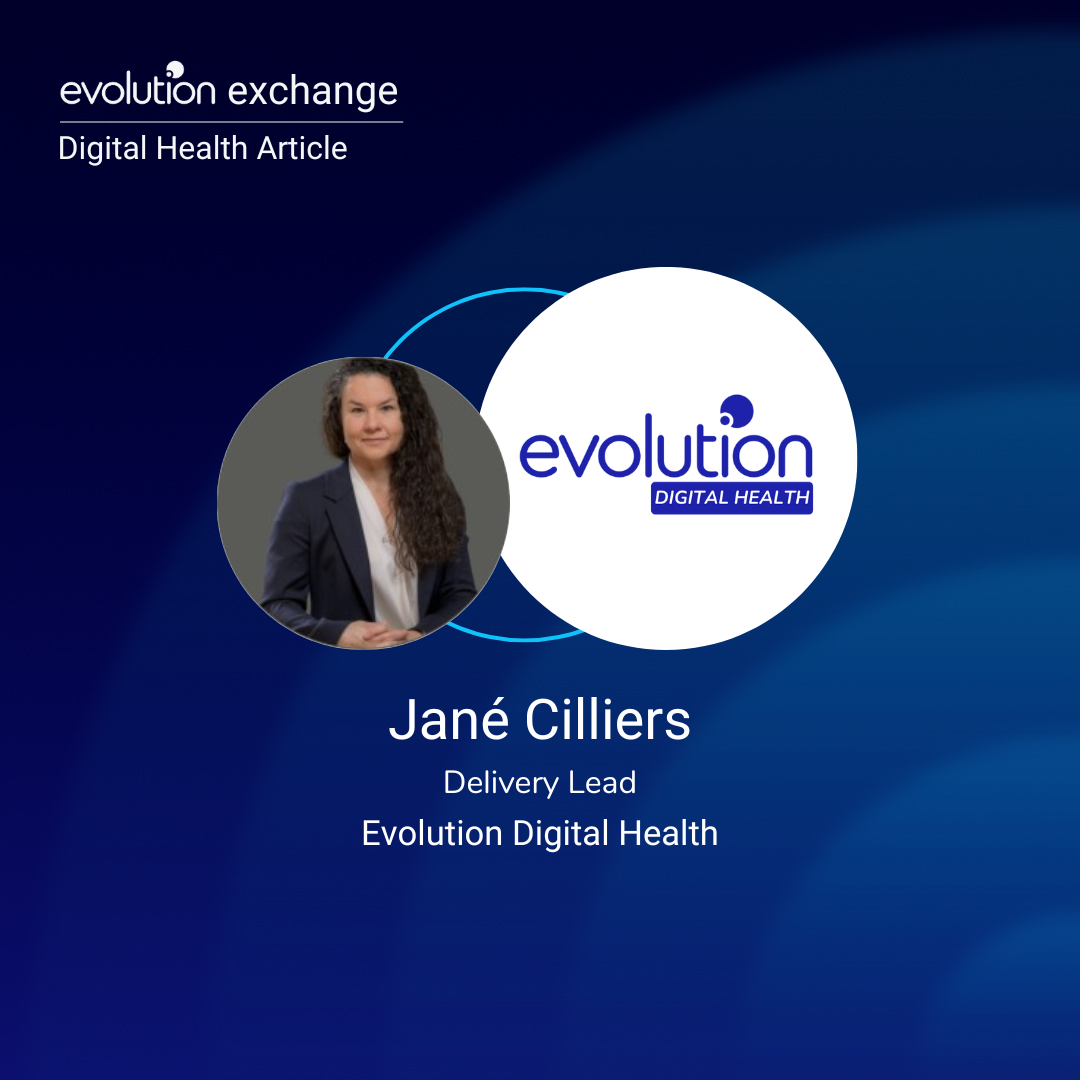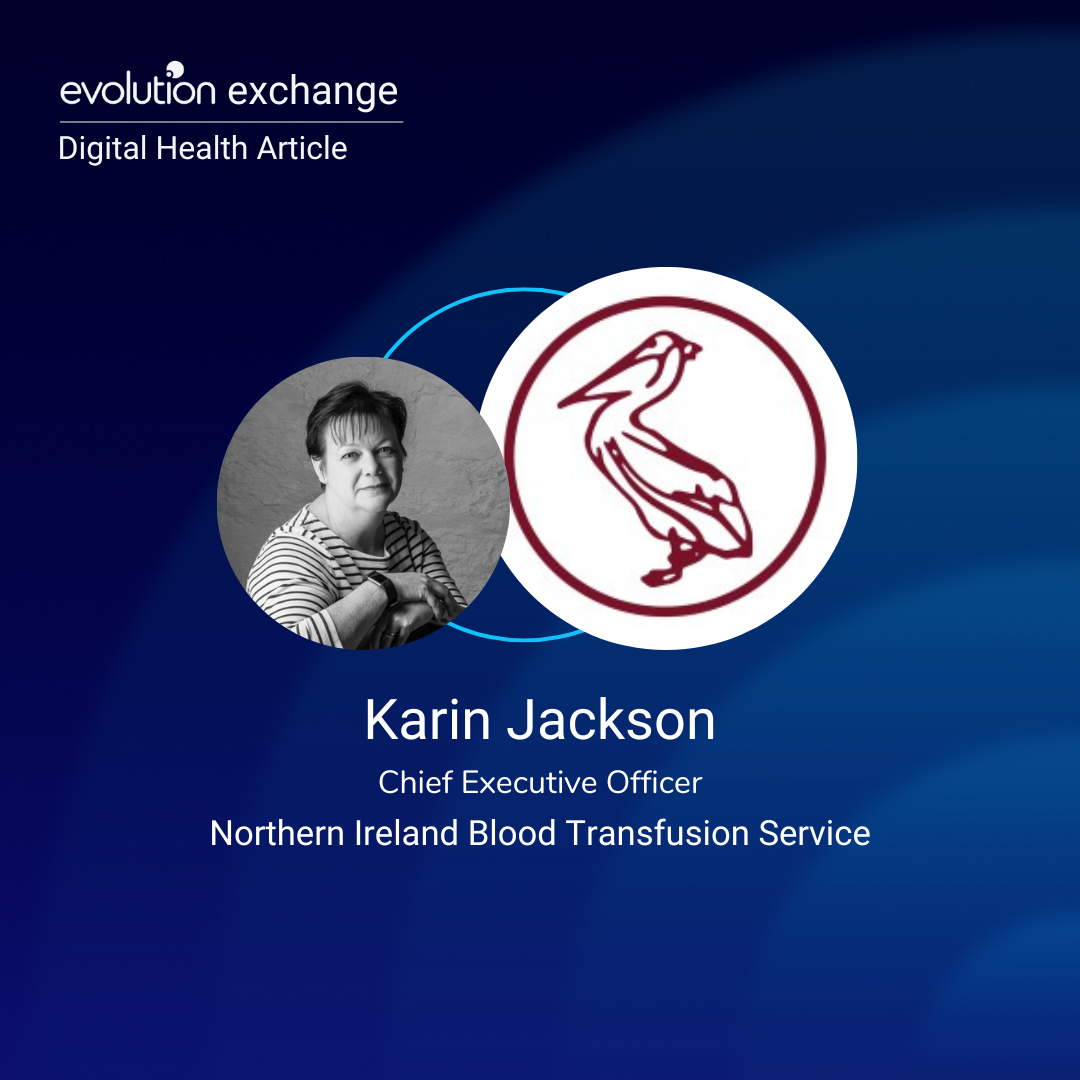In an exclusive interview with Berta Hernandez Ramos, Senior Delivery Director at EPAM, we delve into her career journey, the challenges she has faced, and the need for greater gender diversity in the technology industry. With over two decades of experience and expertise in managing large client engagements, Berta shares her insights on the transformation of companies, the impact of acquisitions, and the importance of mentorship and role models for women in technology.
From Factory Internship to Senior Delivery Director:
Berta begins by recounting her journey from a graduate internship at Sony’s factory in Spain to her current role as a Senior Delivery Director at EPAM. Initially involved in manufacturing and just-in-time delivery, she transitioned to becoming a key user during the factory’s move to ERP systems, sparking her interest in IT projects. Berta gradually progressed from smaller projects to managing larger projects, gaining valuable experience along the way.
The Challenges of Growth and Acquisitions:
Reflecting on her time at PolSource, a small company that experienced rapid growth before being acquired by EPAM, Berta highlights the challenges faced while dealing with bigger clients, managing larger programmes, and assembling teams. The acquisition by EPAM brought about significant changes, primarily in terms of size and structure. While EPAM’s size introduced more robust processes, it also posed certain restrictions on flexibility and adaptability, which were prominent in smaller organizations.
The Importance of Role Models:
Berta expresses the significance of having role models, particularly for women in technology. She shares her experience of being the only woman in her leadership positions, highlighting the lack of female representation at higher levels. As she strives to become a role model for others, Berta emphasizes the need for women to find support and guidance from other women who have paved the way in their careers.
Mentorship and Support for Women in Technology:
When discussing the support for women in EPAM, Berta acknowledges that several initiatives are launching in September, but points out the need for more mentorship opportunities within the company. She emphasizes the importance of mentoring schemes specifically designed for women to foster a supportive environment and help address the confidence gap that women often experience. Berta also highlights the importance of promoting diversity in the workplace and creating a pipeline of talent that reflects the wider population.
Skills Shortages and Women in Technical Roles:
Berta touches upon the issue of skills shortages in the industry, specifically in technical roles such as DevOps and QA automation. She shares, “Women-wise, I’m coming across a lot of very, very good project managers and business analysts who are women. It seems like they are more inclined towards functional roles.” Furthermore, she points out, “When it comes to skill shortages, areas like automated QA, DevOps, and DevOps managers have a shortage, and you don’t see many women working in those roles.” Berta believes that breaking stereotypes and encouraging women to pursue technical roles starts with representation and support from both home and the workplace. She emphasizes, “So I don’t see shortages as gender-specific. I just need someone who can do the job, regardless of whether they are a woman or a man.”
Encouraging Women to Return to Work:
Berta addresses the challenge of women rejoining the industry after a career break, emphasizing the need for role models, flexible working hours, and programs that specifically support women’s return to work. She asserts, “Having role models is absolutely key… We need programs that focus on helping women return to work.” Berta also highlights the importance of breaking stereotypes at home, stating, “If both parents share the responsibilities at home, it creates a better environment for women to balance work and family life.” She emphasizes the need for shared responsibilities and a supportive work environment that enables a healthy work-life balance. Berta adds, “Flexibility in working hours and work-life balance are important, and they should be applicable to both men and women. As long as the work gets done, flexibility should be encouraged.”
Berta Hernandez Ramos’s journey in the technology industry offers valuable insights into the challenges faced by women and the importance of representation, mentorship, and support. Her experiences underscore the need for organizations to create inclusive environments, provide mentorship programs, and address the gender imbalance in technical roles. By breaking stereotypes and fostering a supportive culture, the industry can empower women and encourage their active participation in shaping the future of technology. Berta concludes, “Mentoring and having role models are essential for women in the industry.”






























